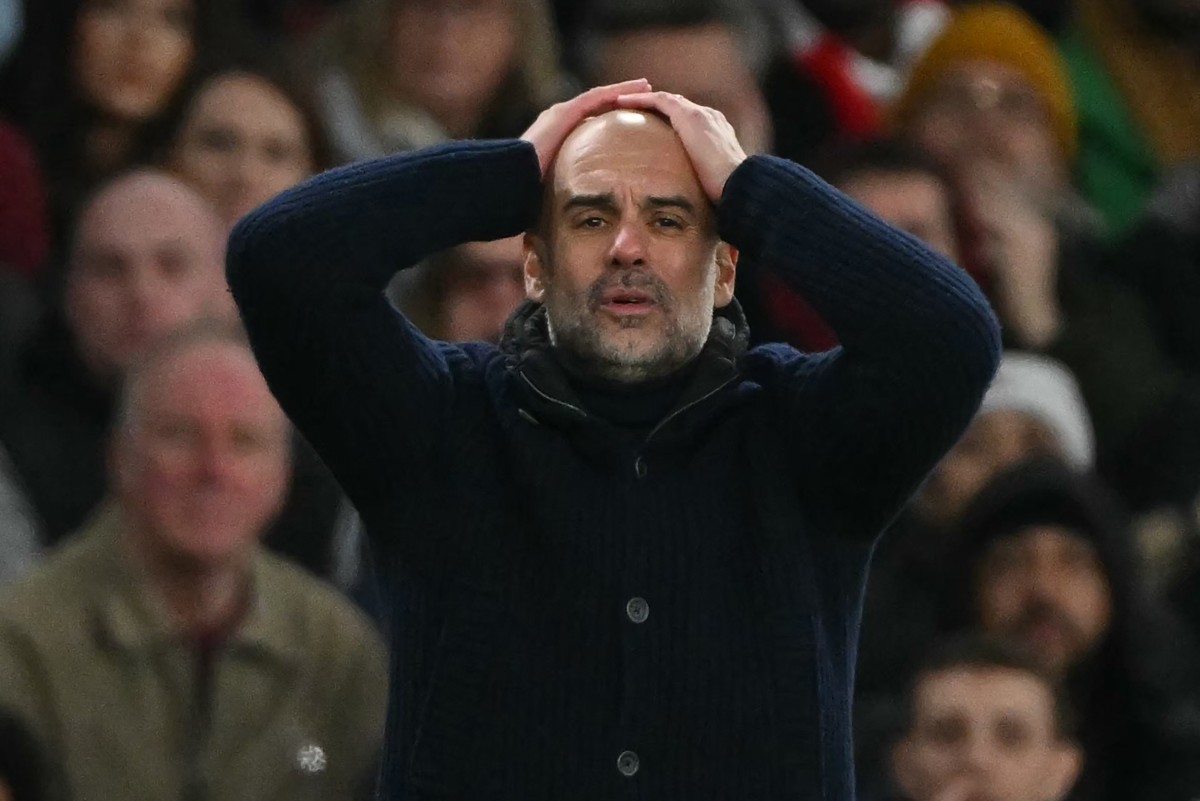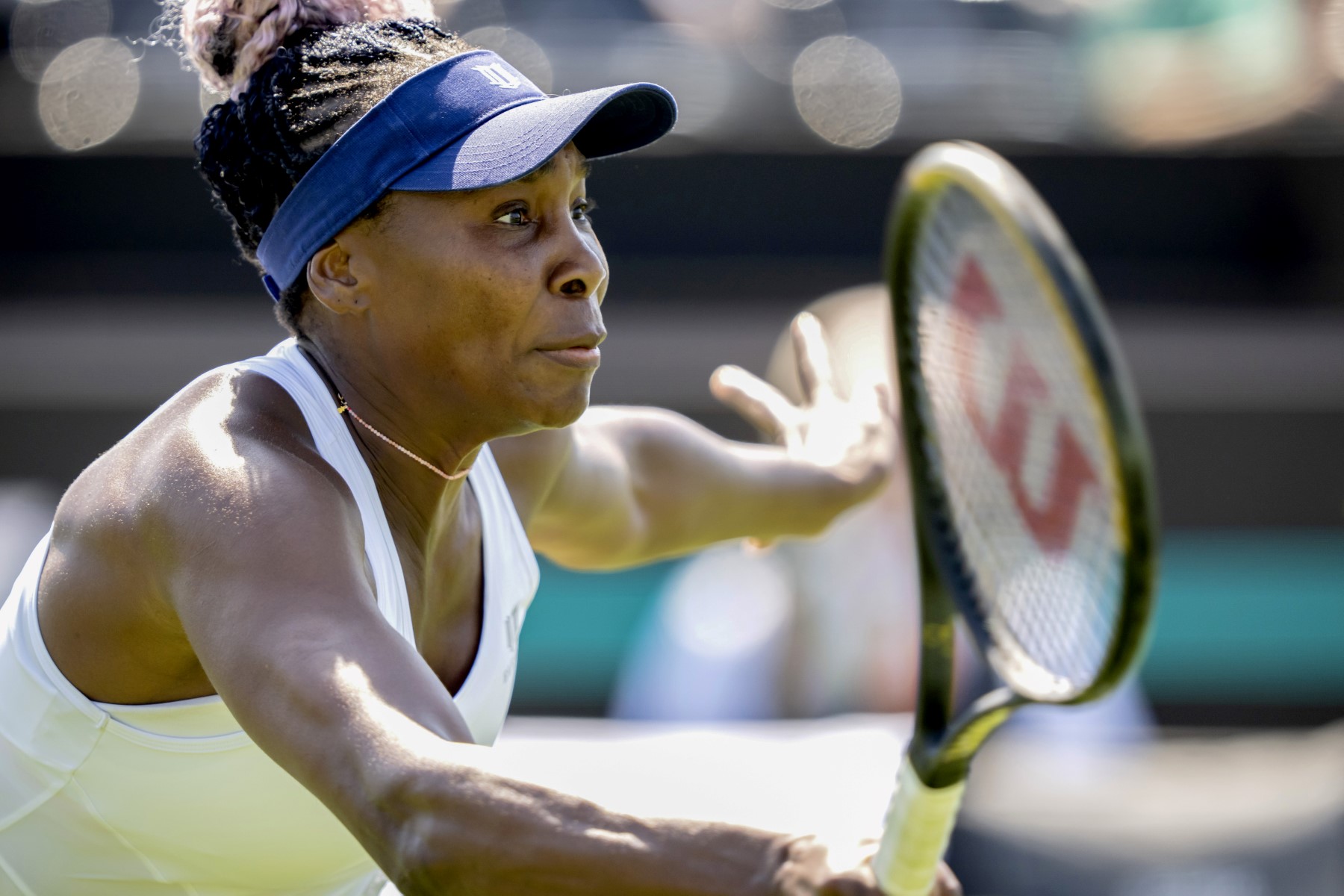Boxing is rated as one of the most entertaining sports in the world, but also one of the most dangerous. Stakeholders, however, said that strict adherence to global safety standards holds the magic wand to unusual mid-match incidents and death toll in the boxing community, CHRISTIAN OKPARA reports.
To Gabriel Oluwasegun Olanrewaju, Saturday, March 29, 2025, was not just another day; it held many promises for his storied career.
The 40-year-old pugilist, a former African light heavyweight champion who had fought many battles and emerged unscathed, looked forward to a rewarding fight that would provide him with the means to address some of his family’s pressing issues.
It was a payday that required just his presence and dexterity in the ring to get another victory as he wound down his boxing career. But unknown to the Nigerian fighter, death was waiting in the ring at the Bukom Boxing Arena, Accra, Ghana.
Pitted against Ghana’s John Mbanugu, Olanrewaju was doing well in all three judges’ cards in the third round when he suddenly staggered back and collapsed on the ropes.
He was rushed to Korle Bu Teaching Hospital, Accra, where he was pronounced dead 30 minutes later.
Olanrewaju’s death is not the first time a Nigerian fighter has died in the ring. On June 14, 1982, Nigerian boxer Young Ali (real name, Asimi Mustapha), who was tipped to be the next Nigerian world champion since the late Dick Tiger’s exploits in the middleweight and light heavyweight divisions in the 1960s, died from injuries that he sustained during a bout with a former world champion, Barry McGuigan, in London.
The fight in the United Kingdom was going well for Ali when he blacked out from a sixth-round knockout punch. I turned out a killer blow.
Ali died from a blood clot after six months in a coma.
Last month, Ghana suspended boxing indefinitely after Ernest Akushey, 32, tragically passed away 11 days after suffering his second consecutive knockout loss.
The domestic light heavyweight contender was stopped in the eighth round by compatriot Jacob Dickson on September 12 in Accra.
Explaining the decision to ban the sport, Ghana’s National Sports Authority (NSA) stated that it had temporarily suspended all boxing activities to allow for thorough investigations into the circumstances that led to the tragic incident and the earlier demise of Olanrewaju in March.
Death in the detail
BOXING is generally not considered one of the safest sports due to its inherent risks, including high rates of concussions and long-term brain injuries. But stakeholders believe that it is just as dangerous as other sports such as motor racing, bull fighting, MMA and even football, which have, in recent times, recorded deaths on the pitch due to cardiac arrests and head injuries.
While some believe that ring deaths are avoidable if standard safety measures recommended by rules are respected, the recent spate of deaths has seen many followers of the sport question why it has suddenly become deadly.
Also known as “the Sweet Science” due to its blend of strategy, skill, and artistry, reflecting the sport’s complexity beyond mere physicality, stakeholders appear united in the belief that all rules must be applied to remove the bitter sting of death from the sport.
Even though the Chief Operating Officer of Flykite Promotions, organisers of the GOtv Boxing Night, Bamidele Johnson, acknowledged that boxing will always carry risks, and the risk factor makes the sport brutal and brilliant, he, however, added that “many deaths are preventable with serious medical standards put in place – an ambulance that’s more than a prop; honest officiating and regulators who actually enforce rules by not treating safety like a line-item to skim past.”
According to Johnson, most boxing fatalities are traceable to traumatic brain injury (TBI) caused by blunt head trauma that could lead to intracranial haemorrhages. “Repeated concussive blows produce rapid rotation of the brain. Cardiac events, stamina collapse or underlying medical conditions that also cause fatalities.”
To prevent more deaths in the ring, Johnson advocates “pre-fight full medical clearance, valid licence and fight contract showing informed-consent.”
He said that for a fight to be sanctioned, the regulators must ensure that the ringside has at least one qualified physician with clear authority to stop the bout.
“There should be a certified ambulance on-site, staffed and ready to move immediately to the nearest capable hospital. These are the standards we have at Flykite. Also, there should be responsible matchmaking (no gross mismatches by record/age/medical history).”
He said the regulators can do well to save the sport from the deaths by ensuring that the standards are maintained in all bouts.
“Weak medical standards and poor enforcement of rules are some of the issues affecting the sport. The rules exist on paper but aren’t enforced. These include unsigned contracts, inadequate ambulances, and unlicensed officials. You must also consider the fact that inadequate resources and shoddy oversight by local boxing bodies, which may lack funds, trained doctors or independence from promoters, are challenges.”
He also said that casualties in boxing would be minimised if the regulatory bodies create a “centralised fighter registry with medical history, suspensions and cumulative fight exposure of boxers to make it easy for boxing bodies to flag risks of age, number of knockouts and recent concussions.”
A former British and Commonwealth Light heavyweight champion, Peter Oboh, is still shocked that avoidable fatalities are still happening to boxers in these days of high medical and technological standards.
Oboh, who recently returned to Nigeria after a successful career in Europe, said the country would continue to record casualties in the ring due to the pervasive system in the country, especially boxers’ negligence and carelessness towards standard professional practices.
He said: “In the United Kingdom, the boxing body ensures boxers carry out a yearly comprehensive medical checkup. This is a comprehensive medical examination where boxers undergo various tests, including blood tests, brain scans, and assessments of their weight, breathing, eyes, and hearing.
“All these come under serious scrutiny. If you fail any of the tests, your licence is withdrawn immediately. This is the type of test I would love to see the Nigerian Boxing Board of Control (NBB of C) introduce.”
Oboh, who is now a pastor, observed that, “it is not every fight that a boxer should take,” adding that unscheduled fights are very dangerous.
“In the light heavyweight, you are one step to cruiserweight and the heavyweight classes. If you take a fight that you were not scheduled for, chances are that you are either overweight, which demands you lose some pounds, or you are forced to take one or two things to match the weight.
“This is very dangerous. You get to the ring, and you are gone because you would have dissipated a lot of energy before a fight. When your body can no longer take in the amount of oxygen it requires, you can die of exhaustion. That could be what killed Segun.”
Oboh questioned the level of examination done on fighters before they enter the ring, saying that the medical exams before fights are not always enough to save boxers from such fatalities.
“Before fights, all the doctors do is check your eyes. Your weight, your knuckles, and a few questions, and you are certified to go fight the next day. There must be periodic checkups for our boxers to avoid a recurrence of Segun Olarewaju’s sad fate.”
He also said that poverty plays a big role in boxers taking unnecessary risks. “When a boxer is broke, he takes up fights without adequate preparation. It should not be so. And unless Nigerian boxers become more comfortable when they can choose fights, I’m afraid the situation may not change.”
A cruiserweight star, Meshach ‘Punisher’ Agba, described boxing as the world’s most aggressive sport, saying that many boxers still don’t understand the nature of the sport.
Agba, who has written a boxing manual, said that safety in the ring is, first and foremost, the responsibility of the boxers.
He said that boxers, who understand the importance of regular medical examinations, see specialists before and after every fight, to check the state of their health.
He also stated that the boxing authority has a crucial role in ensuring that boxers adhere to the health requirements of the sport.
“I believe that the Nigerian Boxing Board of Control (NBB of C) should be able to provide a platform or an opportunity for boxers to address their health issues.
“Boxing is not just another game; it is the world’s most aggressive sport. If there are structured procedures put in place for boxers to go through weekly, monthly, regularly, the NBB of C should create awareness about the challenges in the sport.”
“The people in charge of boxing should organise seminars and workshops to educate boxers because most of the boxers I see are not educated. Some of these boxers believe that boxing is all about raw strength. But it goes beyond that.”
Agba, who said that boxers suffer cardiac arrests in underdeveloped countries that are not up to date with the latest safety trends in boxing, added that it is difficult to see a fighter suffering cardiac arrest in developed countries.
Agba lamented that Nigeria’s problems are compounded by the lack of informed instructors to educate coaches on their responsibilities to their wards.
“In organised societies, the boxing coach can’t be the same coach who takes care of everything. There should be different coaches. The technical coach, the paddling coach, the strength and conditioning coach, the masseuse to massage after the fight and then the medical coach.
“Boxing in Nigeria has changed drastically from how it used to be. The science behind boxing has changed because now you see somebody who had one or two amateur fights calling himself a coach.”
A former NBB of C Secretary, Trigo Egbegi, blamed the infrequent fights in the country for the casualties in the ring.
Egbegi said that Nigerian boxers go through a lot to net a fight, adding that when that happens, they do everything possible to keep the fight due to poverty.
“The issue is that Ghana and Nigeria have almost the same problems. The way we treat boxers here is not the same way that the West treats boxers. They have medical personnel and various facilities available during fights. Some of these facilities are lacking in this region. Nigerian boxers, due to poverty, agree to all manner of fights because they must feed their families.
“It’s not a peculiarity of boxing in Nigeria and Ghana alone. It’s all over the world. Even in America, where all the up-to-date facilities are available, people still die. If you go to Japan, Russia and other parts of Europe, such things still happen. One reason is that people often fail to take advantage of the fact that certain rules exist. You have to enforce these rules; otherwise, these things will happen.
“From all indications, it is obvious that Olanrewaju did not get clearance from the NBB of C. It could be because the offer was a little too enticing, too juicy for him, and he did not want to share it with anybody.”
Egbegi said that boxing would become safer when all stakeholders decide to clean up the sport.
“After years of research, global bodies have come up with the results of their research and divided boxing into 18 categories. That is to ensure safety.
“A man should not be thrown into a ring to fight a bigger, heavier, taller opponent, who has a greater reach. That is why, today in boxing, you have boxers who weigh in from the strawweight to even the heavyweight category. Even the heavyweights are becoming so big that these days, people are even getting worried.”






